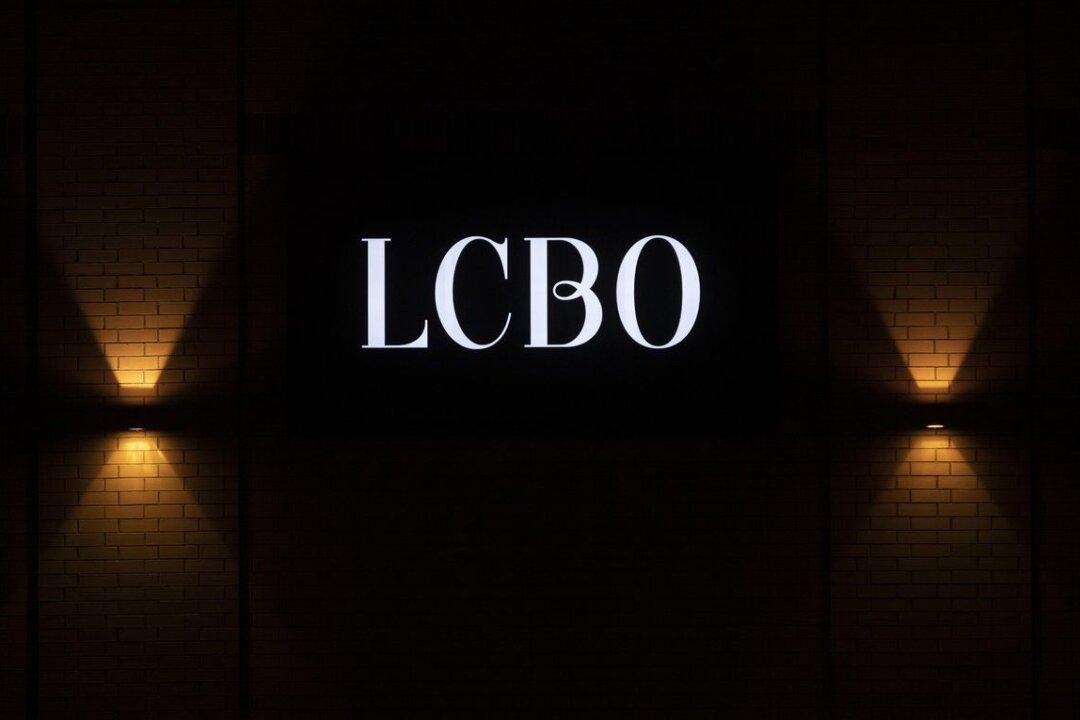A tentative agreement to end the two-week Liquor Control Board of Ontario (LCBO) employees strike fell apart just hours after being announced by the LCBO.
A deal with the union representing LCBO workers was announced in a July 19 LCBO press release that set July 22 for an anticipated end to the strike.





